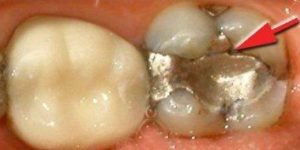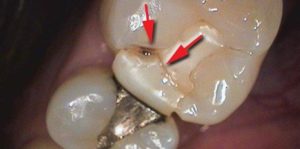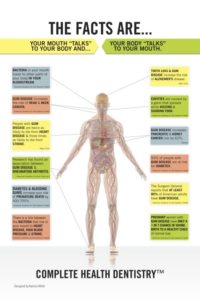Over the last few weeks here at Hartwell Dentistry we have taken a journey through the different stages of our life and how our dental health is effected at these stages. Join us this week for the final installment of A Lifetime of Teeth where we will be discuss the ages of 45-65 and 65+.
Arguably these are the most important ages in our adult life when it comes to your dental health. At these ages there are many factors that contribute to dental concerns, ranging from medications you may take, loss of dexterity as we age and old fillings that have started to fail.
Ages 45-65
The Facts:
-
Oral cancer is the 7th most common cancer in Australia and is usually diagnosed over the age of 55. However this can occur at any age, and it is more common in men than women.
https://head-neck-cancer.canceraustralia.gov.au/
- Amazingly 40% of people diagnosed with oral cancer do not have any of the social risk factors such as smoking or excessive alcohol intake.
- Breakage of older fillings and teeth can be common at this age group especially if there is crowding or weakened teeth. The need for more complex treatment as our teeth fail is a real issue for many people, being listened to, informed and guided during this process ensures success.
- Nerves in the teeth also change. With wear and tear, the nerve can become inflamed or die.


What you can do:
- Regular visits to the dentist are important to identify and manage these issues.
- Consistent home care routine is essential.
Ages 65+
The Facts:
- Often as we age our health changes and requires ongoing support and management. Blood pressure, diabetes, arthritis and other serious health issues can arise. The effect is systematic including impacting on the mouth.
- The effects of gum and bone disease or unnatural wear of teeth become apparent.
-
Many types of medications can cause dryness of mouth. In the Medical Journal of Australia, the 2012 census reported that 80% of Australians above 50 are taking at least one medication for health concerns. The impact of the dryness can cause more decays especially around the roots of teeth which are close to the nerves.
- Arthritic changes in hands can have impact on one’s ability to clean teeth.
- Breakage of older fillings and teeth continues especially if there is crowding and previous dental work.
What you can do:
- Consistent home care routine is essential.
- Routine visits to the dentists again are important to identify and manage the issues.
- Ongoing and frequent visits to the dentist and oral hygienist are essential if you wish to minimise major dental work and keep great looking teeth.
How we can help:
When you visit Hartwell Dentistry, whether it be annually, 6 monthly or earlier, we check your mouth tissue for any signs of oral cancer. To assist us with this we have a tool called the Identifi.


